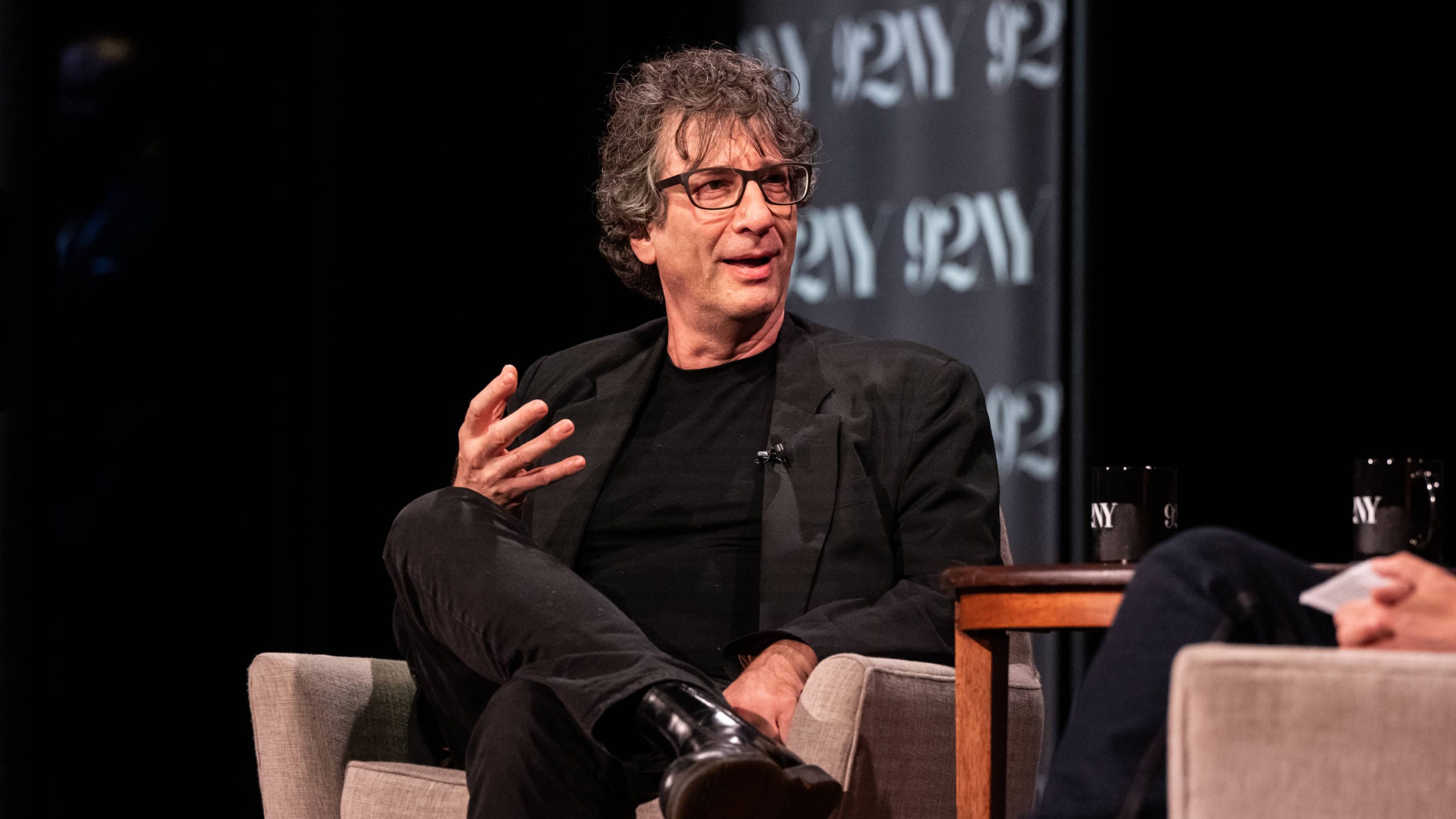The gaming landscape is constantly shifting, and as we look toward 2025, several key developments are anticipated that could significantly impact the industry. Among these are the highly awaited release of “Hollow Knight: Silksong,” the potential return of the “Half-Life” series, and transformative changes at Ubisoft that could alter its trajectory.
“Hollow Knight: Silksong” has been one of the most talked-about titles in the gaming community since its announcement. Developed by Team Cherry, the game serves as a sequel to the critically acclaimed “Hollow Knight,” which garnered praise for its art style, gameplay mechanics, and deep lore. Players have been eagerly waiting for updates, and speculation suggests that “Silksong” may finally see its release in 2025. The game promises to expand upon the original’s formula, introducing new characters, environments, and gameplay mechanics that could enhance the player’s experience. As the release date approaches, anticipation continues to build, with fans hoping for a rich and immersive adventure that lives up to its predecessor.
In addition to the excitement surrounding “Hollow Knight: Silksong,” there are whispers in the gaming community about a potential revival of the “Half-Life” franchise. The “Half-Life” series, developed by Valve Corporation, has been a cornerstone of first-person shooters since the release of the original game in 1998. Following the release of “Half-Life: Alyx” in 2020, which was praised for its innovative use of virtual reality, many fans are speculating that Valve may be preparing to continue the story of Gordon Freeman or explore new narratives within the “Half-Life” universe. While no official announcements have been made, the resurgence of interest in the franchise could lead to exciting developments in the coming years. The combination of nostalgia and the potential for new storytelling could attract both long-time fans and new players alike.
Meanwhile, Ubisoft, one of the largest video game publishers in the world, is expected to undergo significant changes that could reshape its future. The company has faced various challenges in recent years, including internal controversies and mixed receptions for some of its major titles. As a response, Ubisoft is reportedly reevaluating its development strategies and corporate structure. This strategic shift may involve a renewed focus on player engagement, innovative game design, and a commitment to delivering high-quality experiences. With franchises like “Assassin’s Creed,” “Far Cry,” and “Rainbow Six” in its portfolio, Ubisoft’s ability to adapt to the changing gaming landscape will be crucial for its success moving forward.
These anticipated developments for 2025 reflect broader trends within the gaming industry, including the increasing importance of player feedback, the rise of indie developers, and the growing influence of technology on game design. As players become more vocal about their preferences and expectations, developers are responding by creating more personalized and engaging experiences. This shift is evident in the success of indie titles, which often prioritize creativity and innovation over large budgets.
Additionally, advancements in technology, such as cloud gaming and artificial intelligence, are poised to revolutionize the way games are developed and played. These technologies could enable more immersive experiences, allowing players to interact with games in ways that were previously unimaginable. As the industry embraces these changes, the potential for groundbreaking titles and experiences will only continue to grow.
As we approach 2025, the gaming community is buzzing with excitement and speculation about what lies ahead. The release of “Hollow Knight: Silksong,” the possible return of “Half-Life,” and the strategic changes at Ubisoft represent just a few of the many developments that could shape the future of gaming. With each passing year, the industry continues to evolve, driven by innovation, creativity, and the passion of players worldwide.
In conclusion, the year 2025 is set to be a landmark year for the gaming industry, with significant releases and changes on the horizon. Fans are eager to see how these developments unfold and what new experiences will emerge in the ever-evolving landscape of video games.


